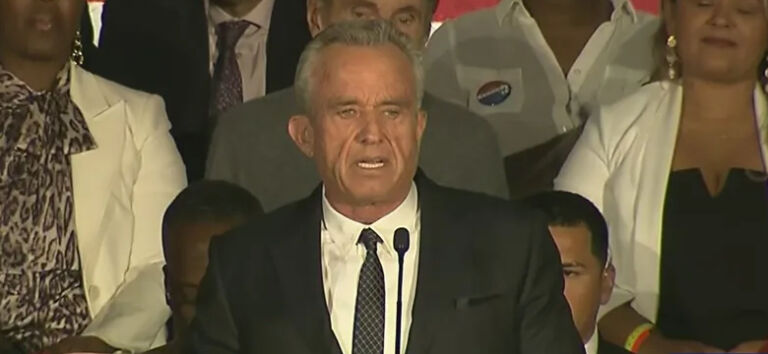Margot Cleveland of the Federalist highlights a significant legal action involving censorship of social media users.
The members of the Election Integrity Partnership and Virality Project conspired with state, local, and federal government officials to violate the First Amendment rights of social media users, a class-action lawsuit filed on Tuesday in a Louisiana federal court alleged.
Over the course of the 88-page complaint, the named plaintiffs, Gateway Pundit founder Jim Hoft and Co-Director of Health Freedom Louisiana Jill Hines, detailed extensive direct and indirect government involvement with the defendants’ censorship activities, allegedly making the private entities and individuals “state actors” for purposes of the Constitution. …
… Formed in 2020, the Election Integrity Partnership (EIP) describes itself as a partnership “between four of the nation’s leading institutions focused on understanding misinformation and disinformation in the social media landscape: the Stanford Internet Observatory, the University of Washington’s Center for an Informed Public, Graphika, and the Atlantic Council’s Digital Forensic Research Lab.” In early 2021, the same four entities expanded their focus to address supposed Covid-19 “misinformation” on social media, calling the effort the “Virality Project.”
In both the run-up to the 2020 election and since then, EIP and the Virality Project pushed Big Tech companies to censor speech. Excepting the University of Washington, which was not named in the class-action lawsuit, the institutions involved in the EIP and Virality Project are private entities, and the individuals running those institutions are non-governmental actors. Thus, without more, the censorship efforts would not implicate the First Amendment.
But there was more — much more — a conspiracy between the defendants, according to the complaint. Those defendants include the Stanford Internet Observatory and the Leland Stanford Junior University and its board of trustees, the latter two of which are allegedly legally responsible for the observatory’s conduct; Alex Stamos, the director of the Stanford Internet Observatory; Renée DiResta, the Stanford Internet Observatory’s research manager; the Atlantic Council; the Atlantic Council’s Digital Forensic Research Lab; and Graham Brookie, the senior director of the Atlantic Council’s DFRLab.


